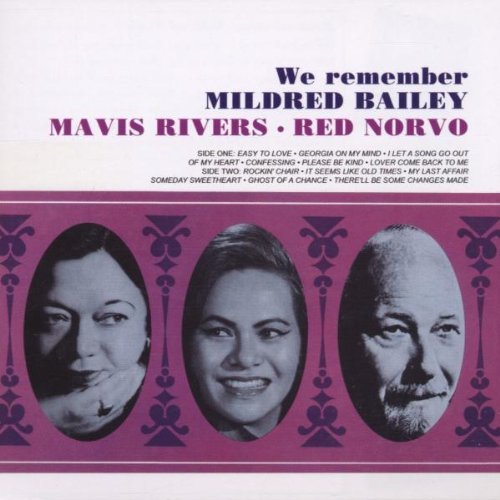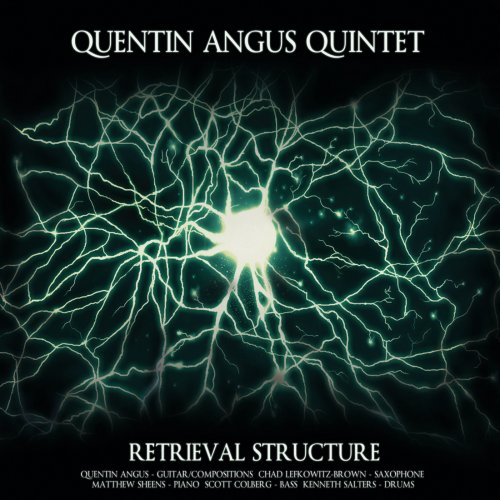Paul Badura-Skoda, Quatuor Festetics - Mozart: Piano Quartets (1993)
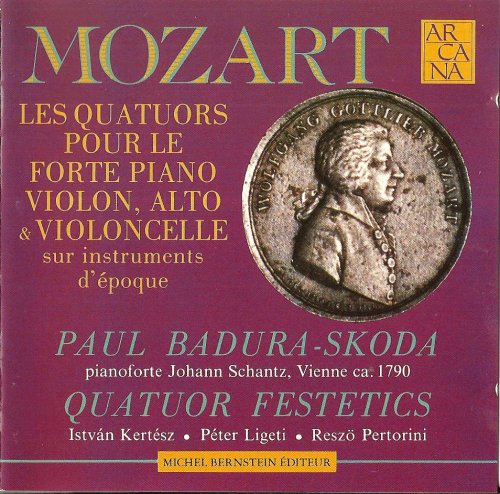
Artist: Paul Badura-Skoda, Quatuor Festetics
Title: Mozart: Piano Quartets
Year Of Release: 1993
Label: Arcana
Genre: Classical
Quality: FLAC (image+.cue,log,scans)
Total Time: 59:15
Total Size: 282 Mb
WebSite: Album Preview
Tracklist: Title: Mozart: Piano Quartets
Year Of Release: 1993
Label: Arcana
Genre: Classical
Quality: FLAC (image+.cue,log,scans)
Total Time: 59:15
Total Size: 282 Mb
WebSite: Album Preview
01. Piano Quartet in G minor, K478: I. Allegro [0:12:59.48]
02. Piano Quartet in G minor, K478: II. Andante [0:05:54.60]
03. Piano Quartet in G minor, K478: III. Rondeau [0:07:17.20]
04. Piano Quartet in E-flat major, K 493: I. Allegro [0:13:27.27]
05. Piano Quartet in E-flat major, K 493: II. Larghetto [0:11:21.68]
06. Piano Quartet in E-flat major, K 493: III. Allegretto [0:08:27.67]
Performers:
Paul Badura-Skoda - fortepiano [Johann Schantz, Vienna, 1790]
Quatuor Festetics [on period instruments]
This may well be the most fantastic recording I’ve ever heard of Mozart’s two piano quartets, and coming from someone who prefers his Mozart on modern instruments and has railed regularly against period instruments in music of this vintage, this is beyond high praise; it borders on glorification.
Both the Quatuor Festetics, which began as a Read more Sturm und Drang of the G-Minor Quartet’s resolute and deeply tragic first movement. The instrument, of course, postdates—though not by much—the year in which the piece was written.
The G-Minor score contains some of Mozart’s most concentrated writing. Completed in 1785, three years before the Symphony No. 40, the Piano Quartet foreshadows the Symphony, and not just in the matter of key. There is the same distilling down of the music to a two-note motive that, in its working out, acquires a sense of impending catastrophe and the panic that accompanies it. The Festetics and Badura-Skoda latch onto this and don’t let go. Seldom has this music bristled with such intensity and drama. Repeats are taken, including the development-recapitulation repeat, a practice I don’t usually favor; but here it’s welcome for the opportunity to extend one’s pleasure in such marvelous playing.
For all practical purposes, it may be said that Mozart invented the piano-quartet medium. It remains an open question as to whether three such works written by the 15-year-old Beethoven while still living in Bonn just happened to spring forth independent of and simultaneous to Mozart’s, but even if they did, Beethoven’s 1785 contributions to the genre were juvenilia and were only published much later in the “without opus” catalog of his works. The fact stands that Mozart’s two piano quartets defined a medium that, as it turned out, generated little interest on the part of later composers, Mendelssohn, Schumann, Brahms, Dvo?ák, and Fauré being the exceptions and its chief proponents.
When composer and publisher Franz Anton Hoffmeister commissioned Mozart to write three quartets, Hoffmeister’s understanding of the term would have been string quartets, for at the time no piano quartets were known to exist. The publisher was not only surprised to receive the first of them, the one in G Minor, but was apparently so displeased that he released Mozart from his obligation to complete the terms of their agreement. The somewhat odd sequel to the story is that nine months later, for apparently no reason of contractual commitment, the composer wrote a second piano quartet anyway.
If the G-Minor Quartet is the tragic Janus mask, The E?-Major, if not exactly the corresponding comedy-faced Janus mask, at least presents a countenance that is more relaxed, more melodically generous, (having three exposition themes instead of the conventional two) and more lyrical. Here the Festetics and Badura-Skoda draw from their instruments the most pliant, singing tones, tracing Mozart’s magic in graceful arches.
My knowledge of other period-instrument recordings of these works extends only to my being aware that they exist. I’ve not heard either the Archiv CD with Malcolm Bilson or the Amon Ra disc with members of the Salomon Quartet, so I’m unable to compare apples to apples. I can tell you that among modern-instrument performances, two of my favorites are by Paul Lewis with the Leopold String Trio on Hyperion and by the Fauré Piano Quartet on Deutsche Grammophon. The current readings, however, by Badura-Skoda and members of the Festetics Quartet bring heightened levels of dramatic intensity and beauties of expressiveness to these familiar scores I’ve not personally experienced, even in my favorite modern-instruments versions.
This is a real winner, most enthusiastically recommended. -- Jerry Dubins
Both the Quatuor Festetics, which began as a Read more Sturm und Drang of the G-Minor Quartet’s resolute and deeply tragic first movement. The instrument, of course, postdates—though not by much—the year in which the piece was written.
The G-Minor score contains some of Mozart’s most concentrated writing. Completed in 1785, three years before the Symphony No. 40, the Piano Quartet foreshadows the Symphony, and not just in the matter of key. There is the same distilling down of the music to a two-note motive that, in its working out, acquires a sense of impending catastrophe and the panic that accompanies it. The Festetics and Badura-Skoda latch onto this and don’t let go. Seldom has this music bristled with such intensity and drama. Repeats are taken, including the development-recapitulation repeat, a practice I don’t usually favor; but here it’s welcome for the opportunity to extend one’s pleasure in such marvelous playing.
For all practical purposes, it may be said that Mozart invented the piano-quartet medium. It remains an open question as to whether three such works written by the 15-year-old Beethoven while still living in Bonn just happened to spring forth independent of and simultaneous to Mozart’s, but even if they did, Beethoven’s 1785 contributions to the genre were juvenilia and were only published much later in the “without opus” catalog of his works. The fact stands that Mozart’s two piano quartets defined a medium that, as it turned out, generated little interest on the part of later composers, Mendelssohn, Schumann, Brahms, Dvo?ák, and Fauré being the exceptions and its chief proponents.
When composer and publisher Franz Anton Hoffmeister commissioned Mozart to write three quartets, Hoffmeister’s understanding of the term would have been string quartets, for at the time no piano quartets were known to exist. The publisher was not only surprised to receive the first of them, the one in G Minor, but was apparently so displeased that he released Mozart from his obligation to complete the terms of their agreement. The somewhat odd sequel to the story is that nine months later, for apparently no reason of contractual commitment, the composer wrote a second piano quartet anyway.
If the G-Minor Quartet is the tragic Janus mask, The E?-Major, if not exactly the corresponding comedy-faced Janus mask, at least presents a countenance that is more relaxed, more melodically generous, (having three exposition themes instead of the conventional two) and more lyrical. Here the Festetics and Badura-Skoda draw from their instruments the most pliant, singing tones, tracing Mozart’s magic in graceful arches.
My knowledge of other period-instrument recordings of these works extends only to my being aware that they exist. I’ve not heard either the Archiv CD with Malcolm Bilson or the Amon Ra disc with members of the Salomon Quartet, so I’m unable to compare apples to apples. I can tell you that among modern-instrument performances, two of my favorites are by Paul Lewis with the Leopold String Trio on Hyperion and by the Fauré Piano Quartet on Deutsche Grammophon. The current readings, however, by Badura-Skoda and members of the Festetics Quartet bring heightened levels of dramatic intensity and beauties of expressiveness to these familiar scores I’ve not personally experienced, even in my favorite modern-instruments versions.
This is a real winner, most enthusiastically recommended. -- Jerry Dubins
DOWNLOAD FROM ISRA.CLOUD
Paul Badura-Skoda Quatuor Festetics Mozart Piano Quartets 93 2801.rar - 282.2 MB
Paul Badura-Skoda Quatuor Festetics Mozart Piano Quartets 93 2801.rar - 282.2 MB
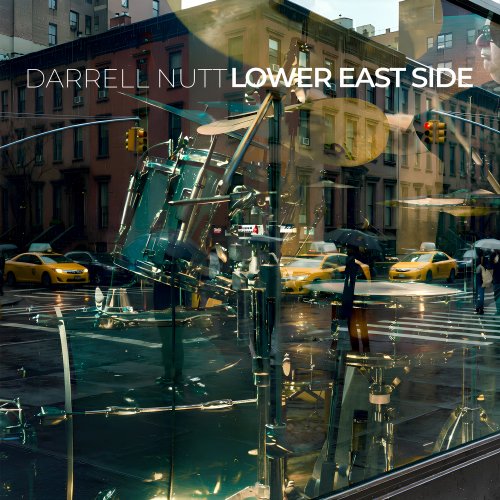

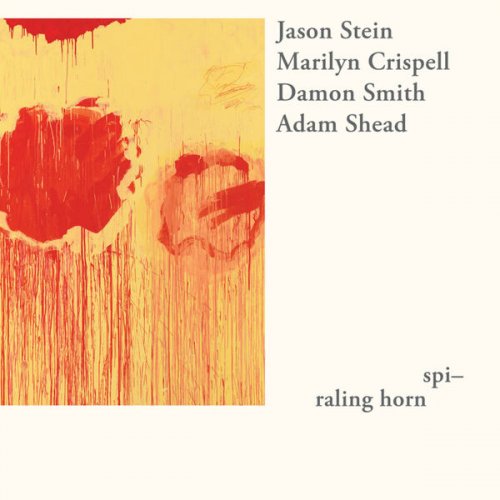
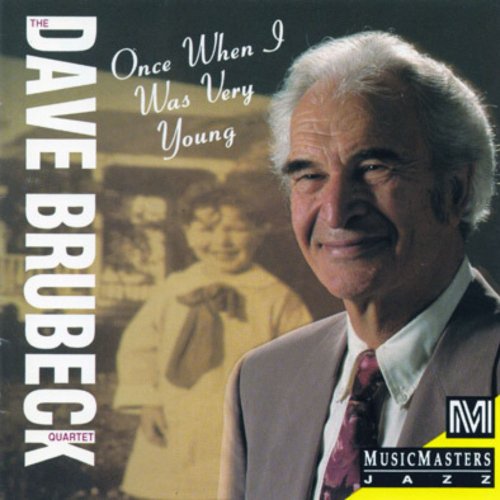
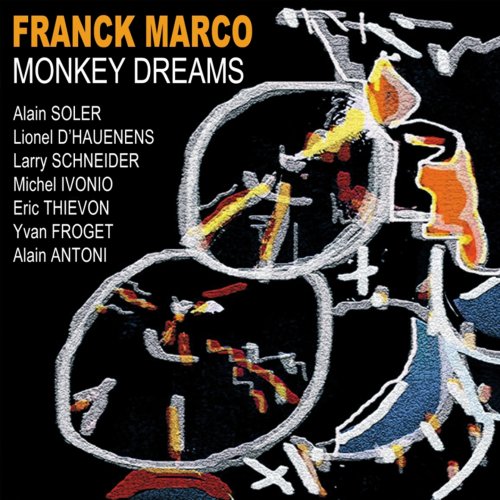
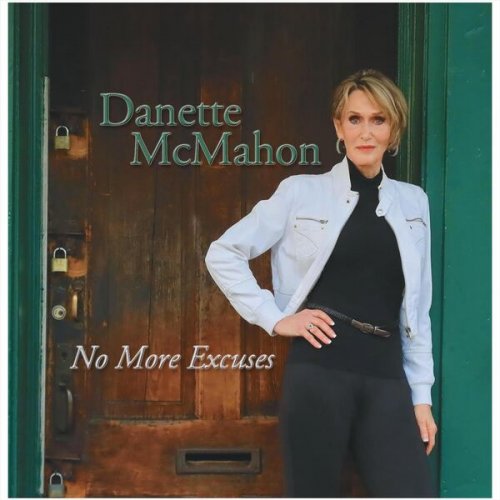
![Cory Wong - Lost In The Wonder (2026) [Hi-Res] Cory Wong - Lost In The Wonder (2026) [Hi-Res]](https://www.dibpic.com/uploads/posts/2026-02/1770057207_cover.jpg)
